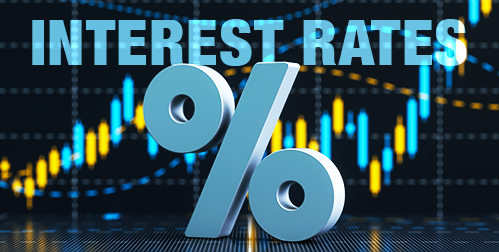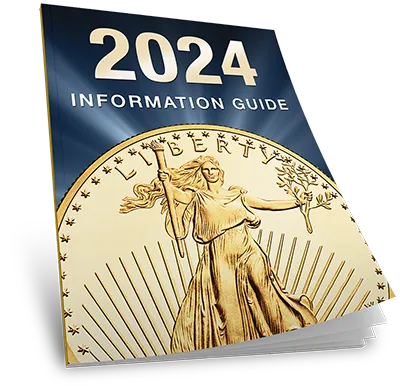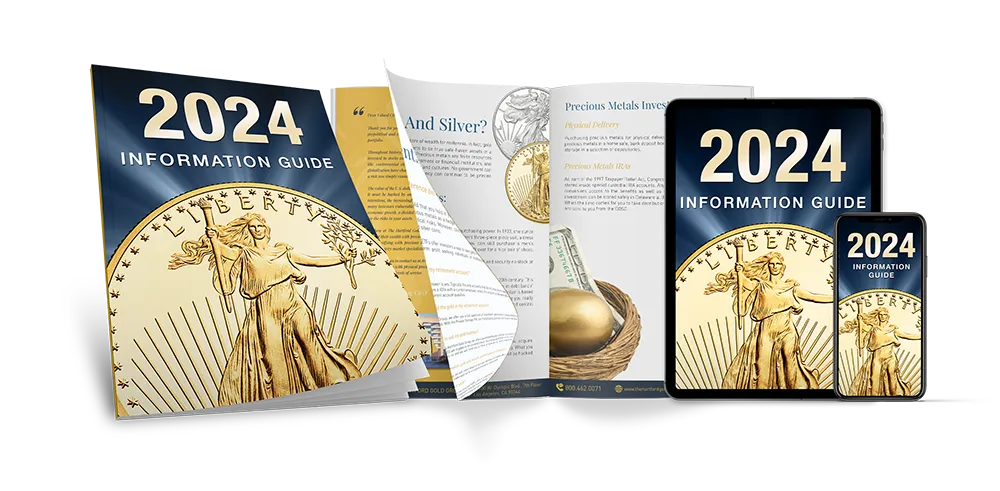Record Setting Rate Increases
Inflation has reached its highest pace in four decades. It is hammering household budgets and wiping out the benefit of rising wages.
The Federal Reserve has been accused of doing too little too late. They are now talking about raising interest rates at a record pace, this could begin in March. The Fed hopes this can put the brakes on runaway inflation.
The Fed aimed to keep the economy afloat during the pandemic. They offered historically low interest rates and funded trillions of dollars in government spending.
The price tag of this rescue is soaring inflation. The Fed completely failed to predict this big of a rise. They thought it would fall to an annual rate of 2.6%. It is currently 7.5%. 1
Several Fed officials have acknowledged that inflation has proved worse than expected.
But they believe the economy can handle the shock of rapid rate increases. This is because the Labor Department reported big job gains in January and the Commerce Department reported a large rise in consumer spending.
The Fed Plan
The Fed had raised rates between 2015 and 2018. However, they did it gradually. And they never did it more than once a quarter. Now, they seem prepared to raise interest rates at each policy meeting. This means raising rates about every six weeks. This hasn’t happened since 2006. Goldman Sachs is now forecasting seven rate hikes this year—up from its prediction of five.2
Some officials support starting with a larger half-percentage-point increase rather than the standard quarter-percentage-point move. The Fed hasn’t raised rates by a half percentage point since 2000.
James Bullard is president of the Federal Reserve Bank of St. Louis. He favors raising the Fed’s benchmark rate by a full percentage point over its next three meetings. But Fed officials admit rapid raises could hurt the economy.
Neel Kashkari is head of the Minneapolis Fed. He said, “If we raise rates really aggressively, we run the risk of slamming the brakes on the economy, putting the economy into recession.” Effectively, no one can be sure if they will do more harm than good. Instead, they seem willing to gamble with American livelihoods.
The Federal Reserve’s shock therapy includes more than quickly raising interest rates. Fed officials agreed to withdraw their investments in bonds, mortgages and other securities. They want to shrink a balance sheet that doubled in size during the pandemic – to $9 trillion. The move is another way for the Fed to cool the economy.
They also want to stop ‘forward guidance’. Forward guidance is when the Fed informs the public about its future policy. It helps prevent surprises that might disrupt the markets and rattle stock prices. For example, James Bullard said he’d “like to see 100 basis points in the bag by July 1.” That statement sank the Nasdaq by more than 2%.3 The Fed seems to prefer to keep the public in the dark as long as they can.
The Fed let the economy get overheated. Now they are not sure how to cool it down without turning it off all together. Their actions and words are not inspiring confidence. This is reflected in the market. Fast rising inflation rattled stock prices. Now, news of even faster rate increases is shaking them more. The signs of a large market drop on are the wall. Smart investors are turning their attention to safe haven assets like gold.
Call American Hartford Gold at 800-462-0071 to learn how thousands of Americans are protecting their wealth and retirement during this economic crisis.
Notes
1. https://tradingeconomics.com/united-states/inflation-cpi
2. https://fortune.com/2022/01/31/fed-7-interest-rate-hikes-fomc-powell-stocks/
3. https://www.bloomberg.com/news/articles/2022-02-10/fed-s-bullard-backs-supersized-hike-seeks-full-point-by-july-1?sref=WtHiUFSX






